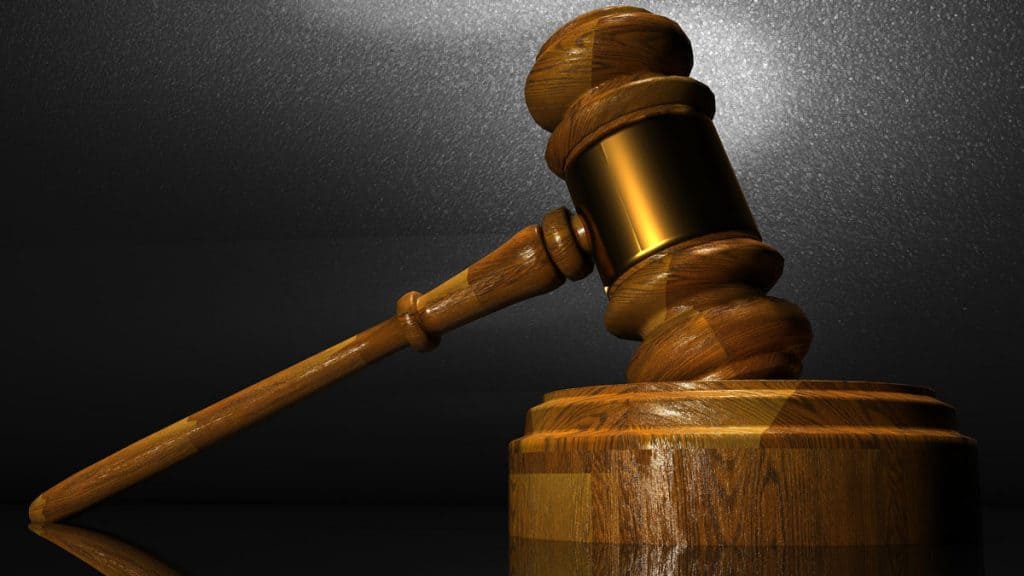Business Liability: Are You Protected?
What do you need to do to protect your business from liability? Take these 6 steps to make sure you’re covered.

As a small business owner, you want to do everything you can to safeguard the results of your hard work. The exorbitant cost of litigation means that just one major lawsuit can wipe out your business assets and, in some cases, attach to your personal assets as well.
While you can’t forecast the future and envision every possible liability scenario, there are a few simple steps you can take to protect your business from liability.
1. Keep Your Business Practices Above Board
The best way to avoid legal entanglements is simple: Follow the law. You only have one business image and one good name, so make it a point to conduct all of your business affairs fairly and with integrity. If you run your business ethically, you circumvent legal quandaries before they emerge.
Demand the same professionalism of your employees. A clearly delineated code of conduct and written employee manual spelling out key company policies prevents confusion. By setting forth clear rules, you convey to your employees that ethics are important to you, and also provide a clear frame of reference for your company’s expected business practices.
In addition, maintaining a reputation for honest dealing can make it easier to handle any issues that do arise. If people trust you, they’re more likely to be willing to explore possible dispute resolutions outside of court.
2. Seek the Advice of Legal Counsel
The adage “an ounce of prevention is worth a pound of cure” is just as true in business as anywhere else. Hiring an attorney can help you stay on the right side of the law before you get sued.
When you’re first starting up your business, questions may arise about the best legal practices to follow. If you have questions about which business entity to set up, financial practices, or hiring new employees, then it’s well worth your time and effort to consult with an attorney who can provide guidance on how to best proceed.
An attorney can also help you identify and avoid potential liability with regard to your products or services. You may need to follow special safety procedures, have special permits, or label your products in a certain way. An experienced attorney will know all of that so you don’t get caught by surprise.
If you’ve never hired an attorney before, then your state bar association or American Bar Association can help you find an attorney who will be the best fit for your specific business needs.
For a state-by-state attorney referral guide, visit the interactive American Bar Association Lawyer Referral Directory.
3. Never Co-mingle Business and Personal Funds
Protect your personal assets from business liability by keeping your business and personal accounts separate. This means separate checking, separate credit cards, separate savings – it should be clear, at a glance, that your personal accounts are for personal use and your business accounts are for business use.
One mistake that many small businesses, or sole proprietors, make is that they don’t make the legal distinction between themselves and their businesses. The issue is that if the company faces litigation, then a business owner’s personal assets may also be at risk. This means that his home, auto, and any other personal property may be subject to judgment.
The best ways to protect your personal assets are by 1) establishing a trust that owns the business or 2) formal business incorporation. Both of these legal entities offer a certain amount of protection for a business owner’s personal assets. To discuss the pros and cons of setting up either a trust or a corporation, consult with a small business attorney.
4. Invest in insurance
All small business owners should purchase insurance. The type of insurance depends on the nature of your business. If you own a storefront and retail shop, then liability insurance safeguards you against accidents or injuries on your property. Professionals, CPAs, doctors, and attorneys, should have malpractice insurance to protect them against clams. If you’re making consumer goods, you can get insurance in case someone is injured by your products.
For more information on how to find the right insurance for your business needs, visit this SBA Insurance Tutorial.
5. Understand the Fine Print
Finally, you need an attorney to work on your contracts. It’s tempting to go the DIY route and avoid the legal expenses, but a poorly-written contract can leave you with serious liability.
Contractual disputes are common in the world of business. In order to avoid a costly legal battle over the validity of any contract, make sure you understand the contract in its entirety before you sign. This applies not only to contacts with other businesses or vendors, but also with financial institutions, lenders, and landlords.
6. Back Up Your Work
Don’t lose business information or risk sensitive client information by not protecting yourself. Ask any Target credit card holder; even huge corporations are at risk for hackers. Make sure your software has updated antivirus protection and firewalls to safeguard sensitive online information and back up your files regularly.
Back up your paper files in a timely fashion, too, and store them in an offsite or safe location. Should you need to retrieve or reproduce hard copies of documents due to fire, flood, or other emergency, you’ll be happy you took the time to do so.
No One Likes A Lawsuit
Protecting your company from liability is a necessary part of doing business. While you can’t predict every possible disaster which may befall your business, there are small, actionable ways to ensure you’re doing everything you can to protect yourself and your company from business liability.